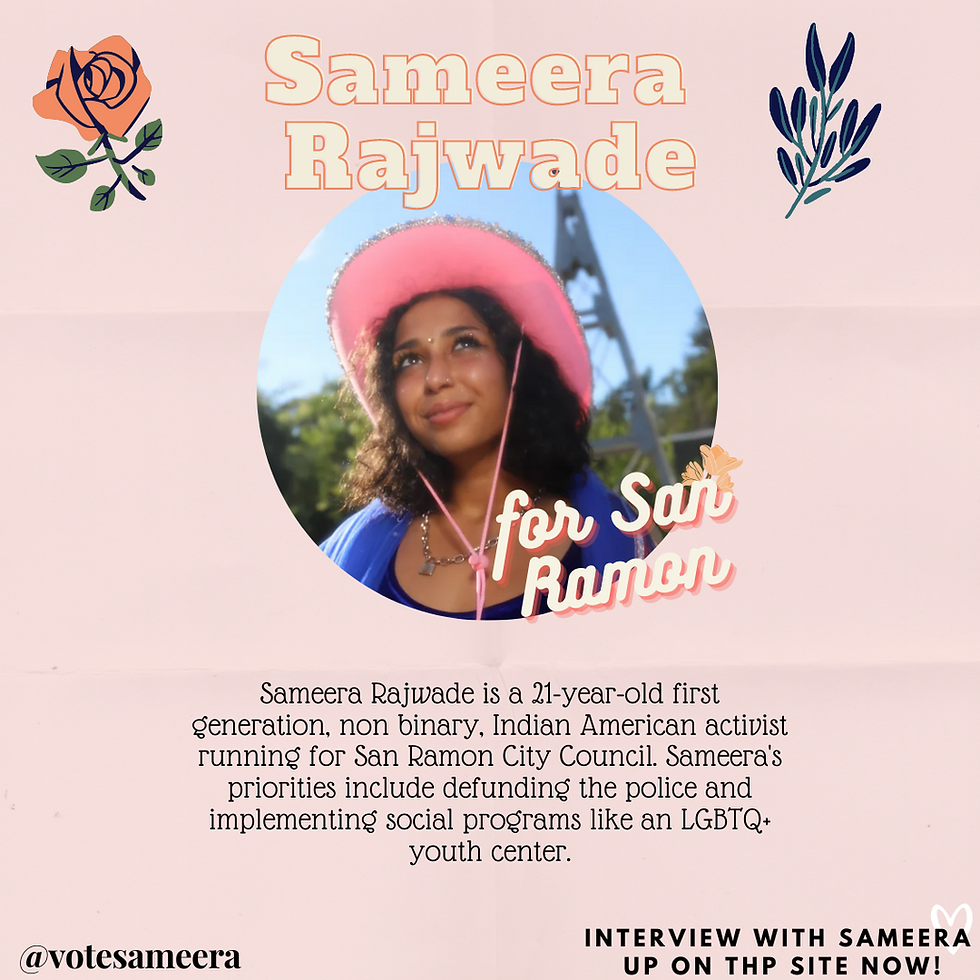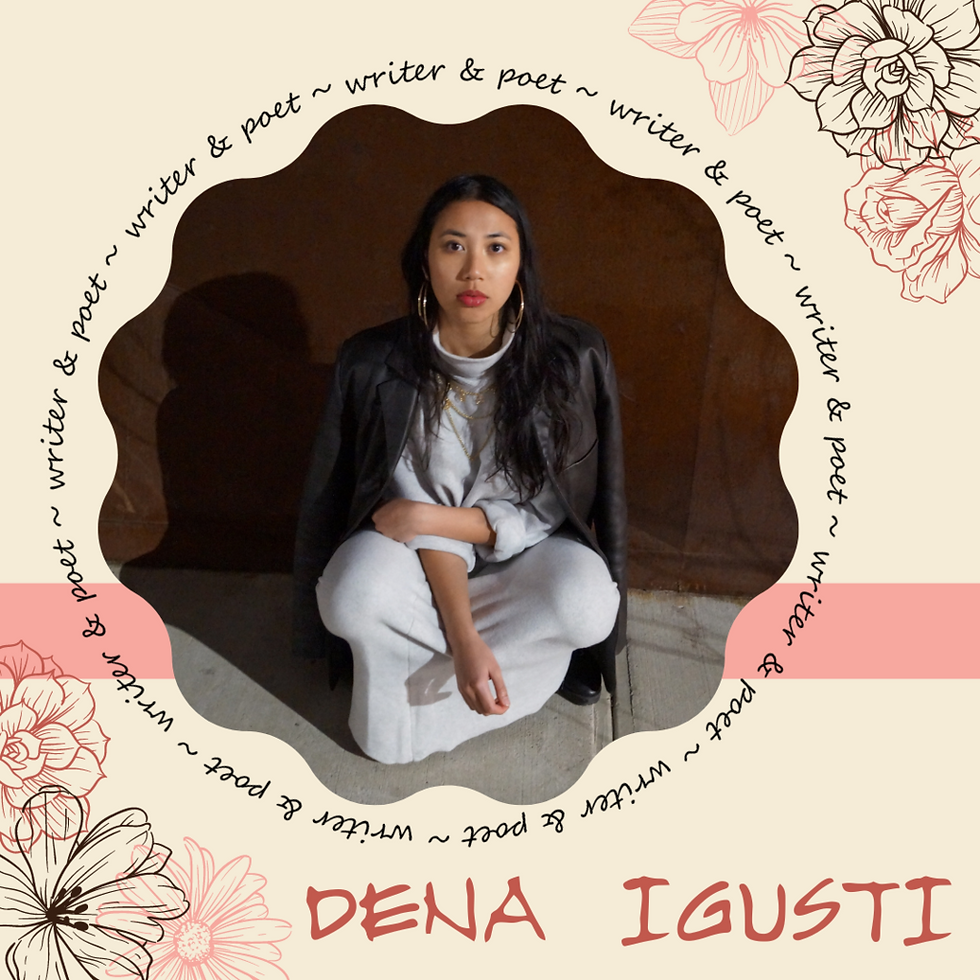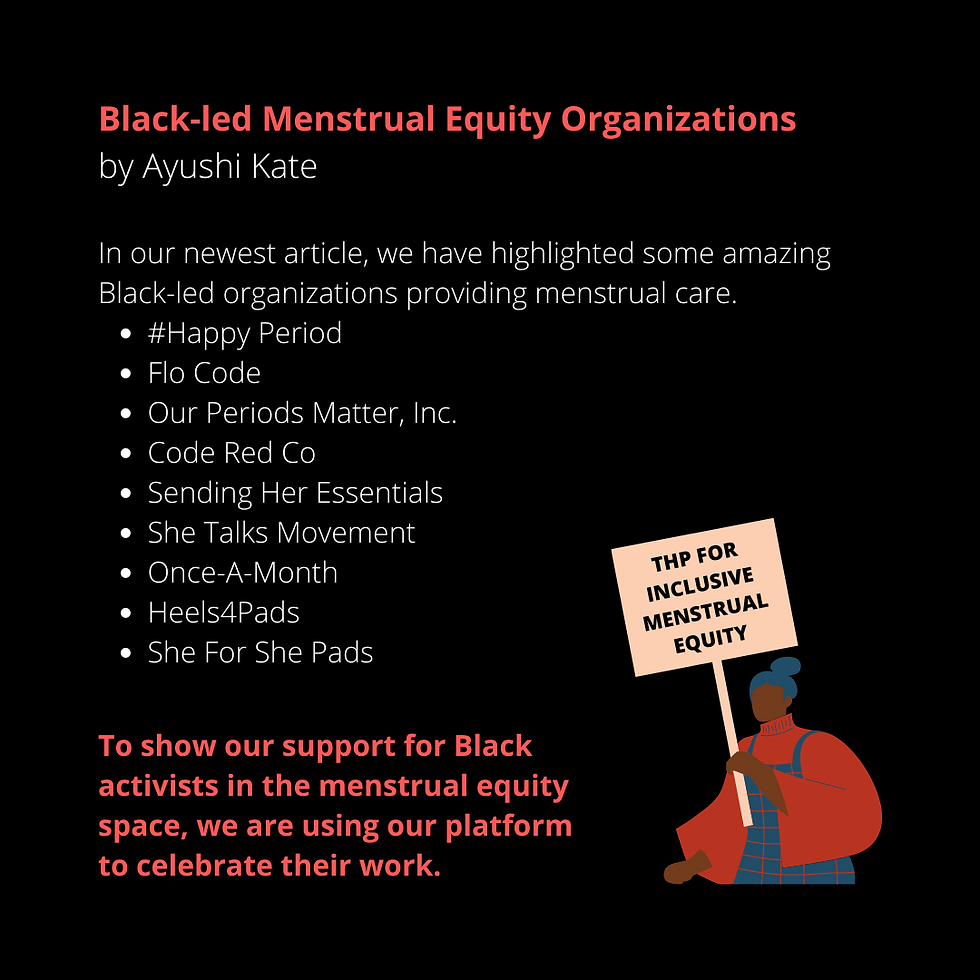Interview: Vaneeza on Poetry and Learning to Talk About Herself
- Apr 20, 2019
- 3 min read
The Homegirl Project interviewed Pakistani teenage poet Vaneeza on what it's like to tell stories in a world that discourages female self-expression.
by Fatima Rizwan, Project Manager

F: Tell me a little bit about yourself. Who is Vaneeza, in your own words?
V: I am horrible at talking about myself because I have always been told it’s impolite, but I was born in Lahore and I moved to Karachi in 2004 because both my parents are writers. We moved back to Lahore in 2011 and I have been writing since I was really young. I also play a few instruments and sing.
F: Your writing grows every day. What was your journey like with writing?
V: I’ve been writing since I was around six or seven. I’d get my parents to buy me tiny notebooks and I’d write entries in them everyday. My childhood was a bit rocky. I was spoiled endlessly when I was younger but I was the firstborn-and a girl on top of that. I have always really been pushed to prove myself and also take up more responsibilities than should be put onto a child. It kind of became a coping mechanism back then and I never let anyone read them because I thought it was embarrassing. I never wanted anyone to know what was going through my head. I think as a child I was just really afraid of taking up space but as I have grown older I’ve come to understand my feelings are valid, which is why I am able to put them out there now.
F: How does your work address your identity as a woman?
V: I’m more focused on the liberation of women, I think just pining for ‘equality’ lacks ambition. For me it is more about reparations and the liberation of women through helping them realise what they’ve been put through and ridding themselves rather than just reforming them. It is honestly really exhausting being a brown woman too because not only do you have to unlearn all the misogyny you’ve internalised but then men also expect you to teach them instead of enlightening themselves.

F: That is so true. I have just learned to stop debating with men on this matter. How did this realization encourage you to start going public with your pieces?
V: I started putting myself out there because I was made to feel I wasn’t good enough--I figured that was only because I never let myself take up space before. I would be talking to people and I’d have trouble talking about myself, what I was good at or what I was working on. I shared a piece or two with a trash male and his reaction was literally ‘meh, it’s good I guess’. I decided to let myself take up more space and put my opinions out there so I made this poetry account and started posting in 2014, I think. But honestly if white subpar men can with questionable morals can put out their art out there, there’s literally nothing stopping me.
F: That’s the spirit. Which writers have inspired you?
V: I got into writing because of my parents. I recently realised my mother was a really big inspiration, also I love Kishwar Naheed and Faiz with all my heart. These are my big three.
F: What do you plan on doing for the people around you? What can be your big mak on the world?
V: I think it’s incredibly important to begin conversations, and if one has a lot of influence, I think it’s one’s responsibility to amplify the voices of minorities. On my social media, I made the decision to publicly document cases of personal sexual harassment while I was at an internship this summer.
F: Absolutely! If we can’t talk about issues and keep labelling them as ‘sensitive’, things will never change.
V: And as for poetry, I’m working on getting a collection published. I think we need to cultivate a culture for these forms of art. Spoken word can only thrive once genuine poetry does. I feel most people our age don't see poetry or writing as a legitimate form of art when it’s coming from our on people. I have seen so many people look down on local poetry and art but then put white men like Bukowski on a pedestal for being subpar at best and it’s honestly infuriating. Once we realise our art enough, we can get things up and running. Most locals I see writing try to emulate foreign experiences, and I hate that because girl, look around you! There is poetry in the corners of literally every city here.




Comments